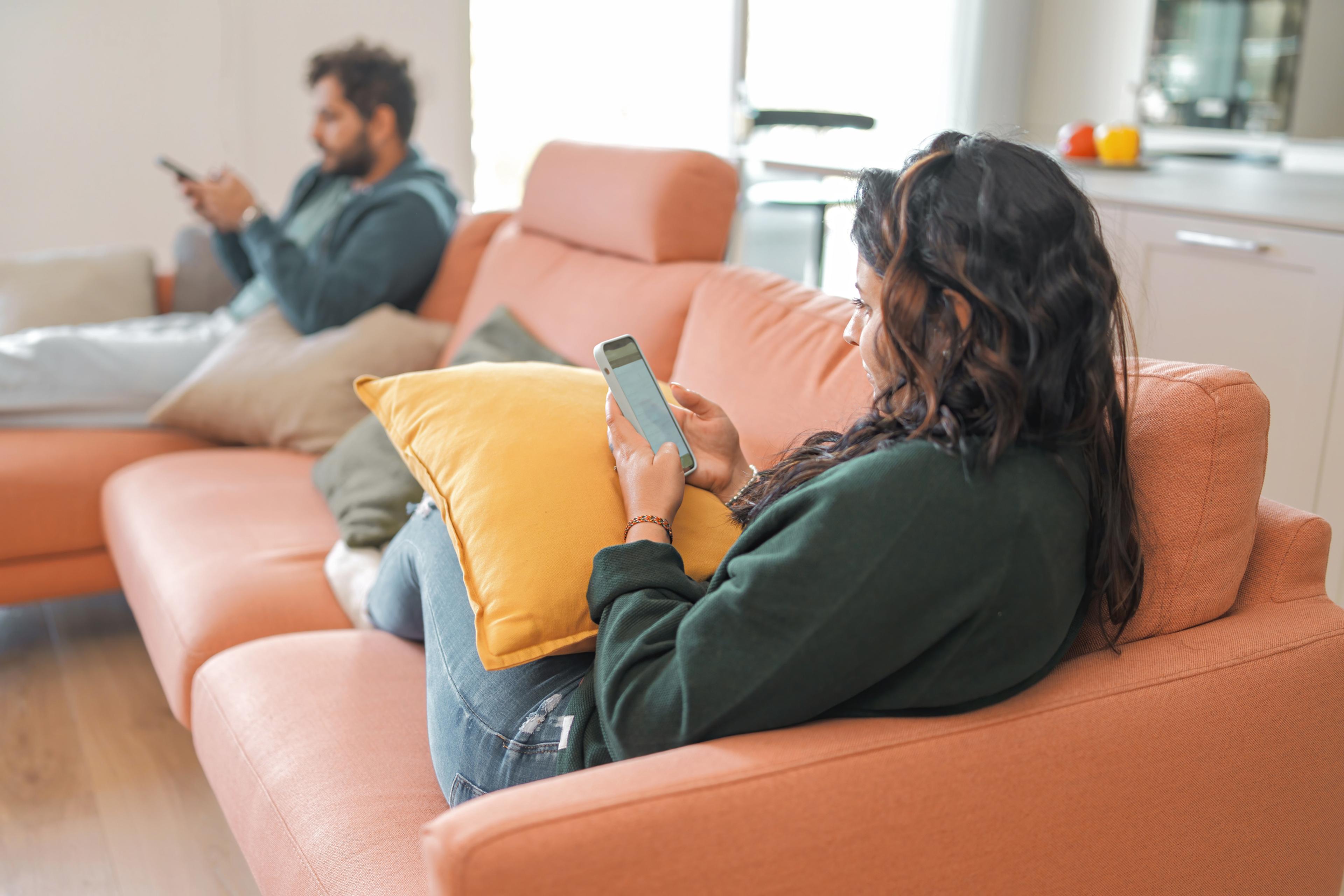Tips to Successfully Set Screen Limits
A Healthier Michigan
| 3 min read

Grabbing your phone or switching on the TV or YouTube is second nature for many people. When there is a lull in the day or a moment of silence, it can be easy to fill that space with social media, entertainment, or news. However, it is important to set screen time limits for yourself.
What are the risks of too much screen time for adults?
The negative effects of too much screen time are well-documented and can include sleep issues, lower levels of physical health, mood swings, and increased risk of anxiety and depression. Screentime and device dependency is associated with an increased risk of obesity, cardiovascular issues, anxiety, depression, and an increase in stress hormones, according to a 2022 study.
5 ways to reduce your screen time
What are some realistic ways to limit your own screen time, and what are good alternatives to the default of reaching for the phone? Here are some tips and guidelines to follow to help get your screen time in check.
1. Keep track of your screentime.
Many smartphones nowadays have a built-in setting or app that can track screentime, give you prompts to put your phone down, or limit the time of day or amount of timeyou can spend onselected apps. Seeing the amount of timeyou spend on your phone or in specific apps can be eye-opening. Turning off notifications from non-essential apps and social media sites is an effective way to naturally limit the times you open these apps and go to your phone.
2. If you work at a screen, avoid fatigue by stepping away from it regularly.
Not only does getting up and walking away from your desk and screens help to reduce your screentime, but taking breaks in the day to take a walk or spend time outside has multiple benefits and beneficial effects on mental and physical health. Even shutting off the screen and doing stretches and exercises at your desk is an effective way to take a break from the screens.
3. Do not eat while you watch tv, movies or social media videos.
People tend to overeat and eat mindlessly while watching tv or videos. Making time and taking space to eat mindfully helps to focus your mind and attention on your food and provides time away from screens.
4. Keep screens away from bed and at bedtime.
The blue light from smartphones and other LED screens can have negative effects on sleep, so try to avoid your phone for at least an hour or two before you go to bed. Social media, games, videos, and news keep your mind active and fixated on other things that can lead to stress or wakefulness. Some content on social media can be upsetting or disturbing and can affect your mood and ability to sleep, as well.
5. Pick up an offline, screen-free hobby
Finding alternatives to spending time on devices and looking at screens can help to get you away from them. Gardening, hiking without distractions, painting, coloring, reading, sewing, and baking are fulfilling, hands-on hobbies that can also bring social wellness or calming benefits.





